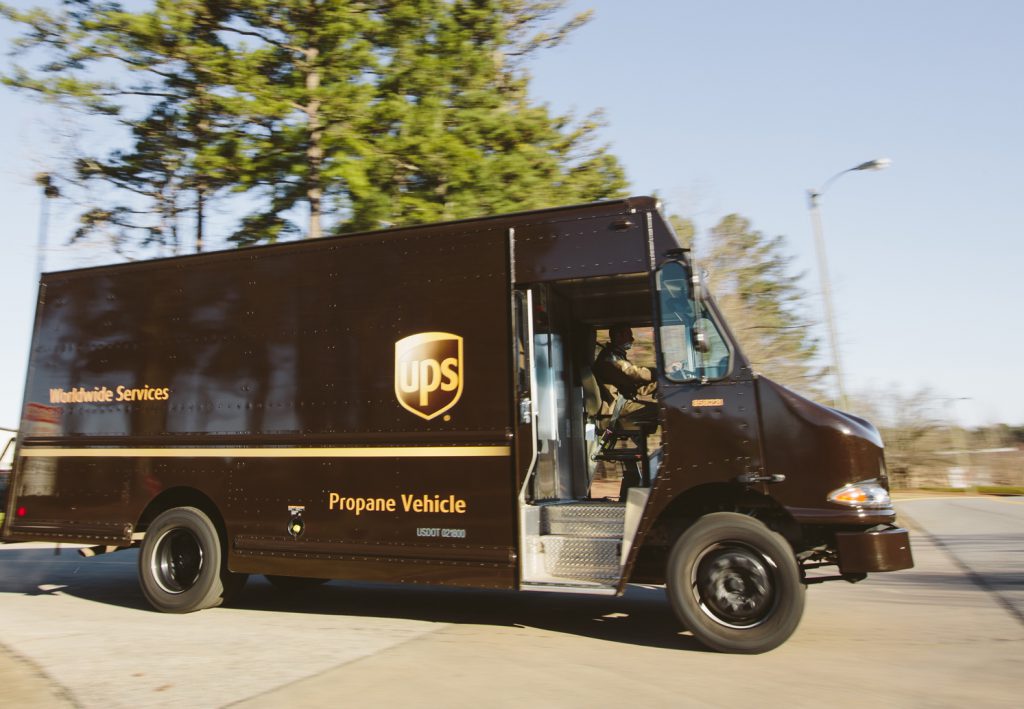Media Room
Autogas helps UPS achieve sustainable milestone

Last month UPS achieved its goal of driving 1 billion miles in its alternative fuel and advanced technology fleet one year earlier than planned and marked more than 10 years of learning from its “Rolling Laboratory.” UPS’s long-term commitment to sustainability is transforming commercial transportation and logistics, spurring growth in the clean fuels market and powering critical engineering advances.
UPS deepened its commitment to alternative fuels in 2012, when it set the goal of reaching 1 billion miles driven with alternative fuels by the end of 2017. Shattering that goal one year early, about 12 percent of the conventional diesel and gasoline fuel previously used by UPS’s ground fleet is now being replaced by alternative fuels, including Autogas.
Recognizing alternative fuels and advanced technologies each have unique advantages depending on the routes and geographies in which they are used, UPS deploys the more than 7,200 vehicles in the Rolling Lab to determine what works best in each situation, “spanning a wide range of technologies that include hybrid electric, electric, LPG (or propane), biomethane, lightweight fuel- saving composite body diesel, CNG, LNG, ethanol, and hydraulic hybrid,” says UPS 14th annual Sustainability Report.
In 2015, the company added 350 Autogas package cars. “We take a broad approach to advanced technology vehicles, evaluating all technologies on a global basis and attempting to deploy solutions in regions where they are economically viable. For example, propane is a lower-emission, petroleum-based alternative that is readily available and work well in North America, whereas the emphasis in much of Europe is on zero tailpipe solutions such as electric vehicles. The diversity of our rolling laboratory helps us address these regional disparities,” stressed the report.
